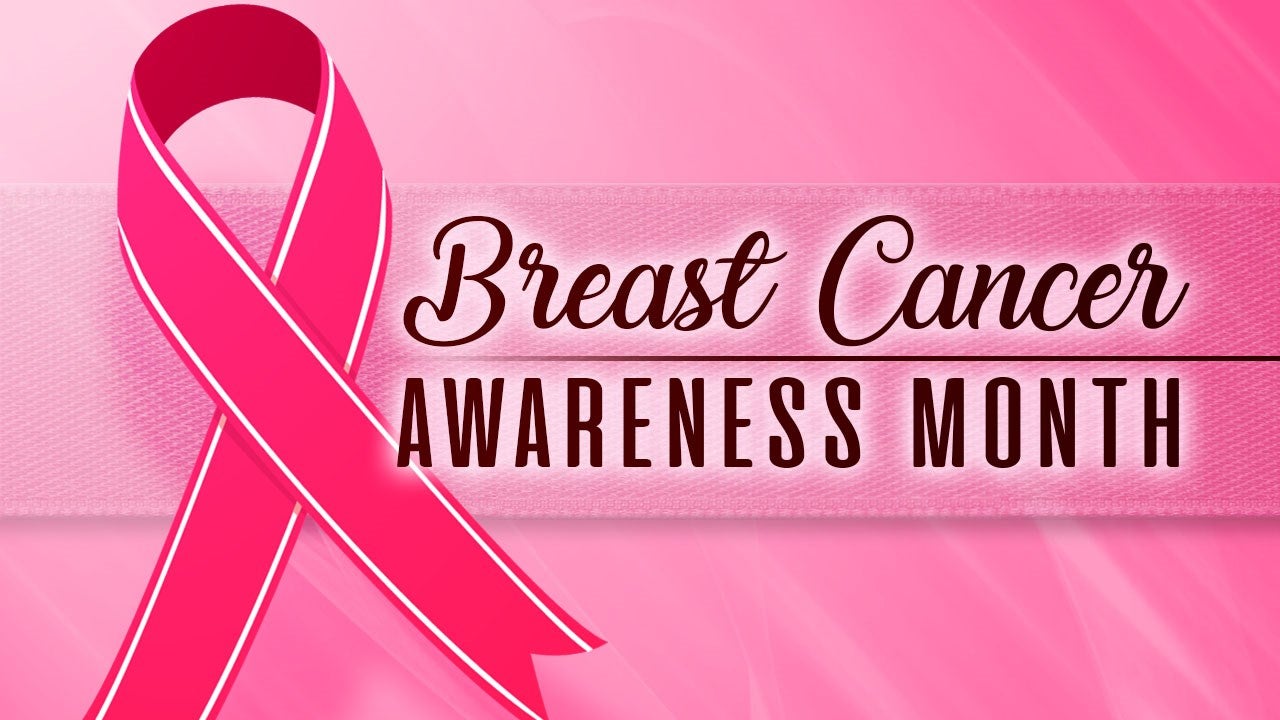ROCHESTER, N.Y. – October is Breast Cancer Awareness Month, and genetic testing proved to be lifesaving for the women featured in this story.
Jodi Lavery discovered she had a BRCA-2 gene mutation, increasing her risk for breast, ovarian, pancreatic, and melanoma cancers.
“I decided to have preventative surgery, so I had my ovaries removed, I had a bilateral mastectomy,” Lavery said.
Dr. Ifeyinwa Stitt, an OB-GYN and spokesperson for Myriad Genetics, emphasized the importance of genetic testing for those with a strong family history of cancer.
“If you have a strong family history of cancer, whatever cancer that might be, that means that you are at an increased risk of developing cancer at some point in your lifetime,” said Stitt.
Alice Pena, a local breast cancer survivor, decided to undergo genetic testing after her breast cancer diagnosis, not only for herself but for her family.
“Being so family-oriented, I just decided I needed to do this not only for me but for my family,” Pena said.
Pena consulted nurse practitioner Carol Lustig at the Wilmot Cancer Institute, who explained the process of panel testing for various cancer-related genes.
“When someone comes to us for genetic testing, we talk about testing genes that are associated with just that organ or genes associated with all kinds of other cancers. This is called panel testing,” Lustig said.
Pena’s test revealed a mutation in her CHEK2 gene, which meant she had a 50% chance of passing it to her children. Her daughter, Melissa Selner, also tested positive for the mutation.
Selner’s doctor ordered an MRI, which led to the discovery of a mass. She had breast cancer. She was only 37.
“I broke down bawling in tears,” Selner said.
Selner credits genetic testing for saving her life.
“I wholeheartedly believed that her [her mother’s] cancer saved my life,” Selner said.
Selner plans to have her daughter tested when she is older, recognizing the life-saving potential of genetic knowledge.
Insurance often covers genetic testing, so those with a family history of cancer should consult their doctor. However, it’s important to remember that not having a genetic mutation does not guarantee being cancer-free.
AI assisted with the formatting of this story. Click here to see how WHEC News10NBC uses AI.
For Related Stories: Breast Cancer Awareness Month

